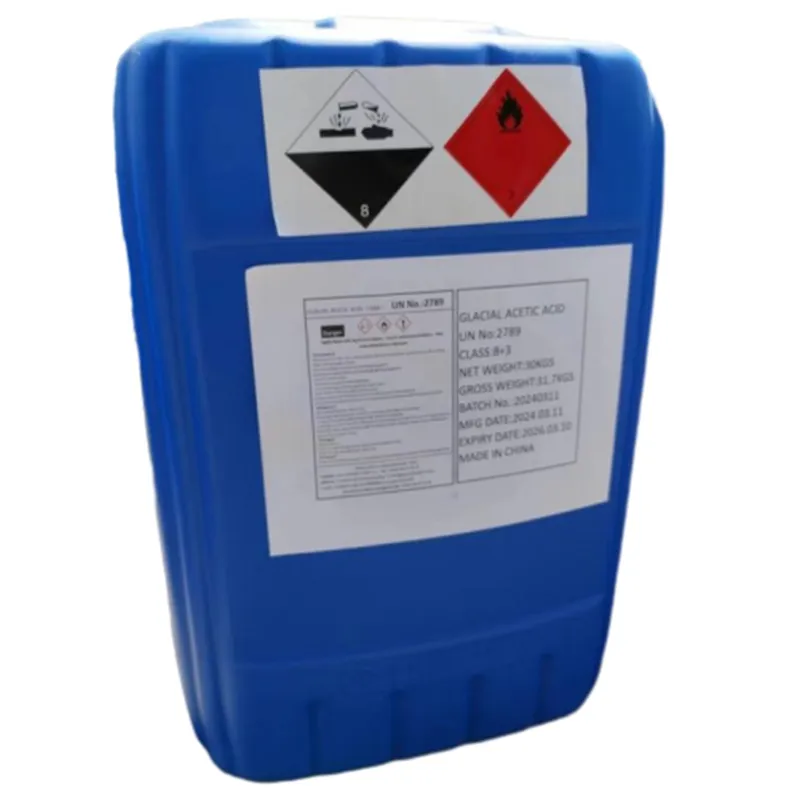
Exploring E133 Food Additive and Its Uses in Food Products
Understanding E133 A Food Additive and Its Implications
In the world of food production, various additives play significant roles in enhancing the quality, appearance, and shelf-life of products. One such additive is E133, known scientifically as Brilliant Blue FCF. This synthetic dye is commonly used in the food industry to impart a vibrant blue color to a variety of products, from candies and beverages to dairy items and baked goods. Despite its appealing hue, the use of E133 raises questions about safety, regulation, and consumer perceptions.
What is E133?
E133 is a water-soluble dye that belongs to the class of synthetic colorants, specifically the triarylmethane dyes. It is most frequently found in products such as soft drinks, ice creams, and even some processed snacks. The bright blue shade of E133 not only attracts consumers but also helps in establishing brand identity. As a well-defined and standardized additive, its usage is regulated in many countries.
Regulatory Status
E133 is approved for use in numerous regions, including the European Union and the United States, but it is accompanied by specific regulations. In the EU, colorants must be listed on product labels, allowing consumers to make informed choices. The acceptable daily intake (ADI) for E133 is set by regulatory bodies, which evaluate the safety through extensive testing. These assessments take into consideration potential allergic reactions and other health implications for consumers.
Health Concerns and Debates
While E133 is generally considered safe when consumed within the recommended limits, some studies suggest potential adverse effects. For instance, certain populations may experience hypersensitivity reactions, particularly those with a history of allergies to food dyes. Additionally, there are ongoing debates regarding the possible links between synthetic colorants and behavioral issues in children. Although research in this area is inconclusive, some parents prefer to avoid artificial additives altogether, opting for products that use natural colorants instead.
e133 food additive

Natural Alternatives
As demand for clean-label products rises, food manufacturers are exploring natural alternatives to synthetic dyes like E133. Plant-based colorants derived from beetroot, spirulina, and other sources are gaining popularity. These natural options may not offer the same intensity of color as synthetic dyes but are often perceived as healthier alternatives. Consumers are becoming increasingly aware of what goes into their food, prompting manufacturers to reformulate products to align with health trends.
The Market Perspective
The use of E133 and other food additives is a double-edged sword. On one hand, they enhance product appeal, ensuring consistency and visual attraction; on the other hand, they can alienate health-conscious consumers. This tension has led food companies to strike a balance between maintaining product quality and addressing consumer concerns.
Marketing strategies have adapted to this changing landscape, with brands emphasizing transparency and the sourcing of ingredients. Products containing E133 are often labeled with disclaimers about artificial colors, catering to a segment of consumers who prioritize natural ingredients.
Conclusion
E133 is just one of many food additives that contribute to the compliance, safety, and appeal of food products. As with all additives, it is essential for consumers to educate themselves about the ingredients in their food. Understanding the regulatory context, health implications, and the growing trend towards natural alternatives can empower consumers to make informed choices. As the food industry continues to evolve with the dynamic landscape of consumer preferences, the conversation around E133 and similar additives will undoubtedly persist, shaping the future of food production and consumption.
In this journey towards healthier food options, it is crucial for stakeholders—including manufacturers, regulators, and consumers—to engage in a dialogue that fosters transparency and promotes informed decision-making in food choices.
-
Understanding Synthetic Rubber OptionsNewsApr.27,2025
-
Trichloroisocyanuric Acid: Essential for Clean and Safe WaterNewsApr.27,2025
-
Sodium Dichloroisocyanurate: Key to Safe Water TreatmentNewsApr.27,2025
-
Sodium Acid Pyrophosphate: Essential in Modern Food ProcessingNewsApr.27,2025
-
Essential Water Treatment ChemicalsNewsApr.27,2025
-
Denatured Alcohol and Its Industrial UsesNewsApr.27,2025
-
The Versatile Uses of Sodium BicarbonateNewsApr.24,2025
Hebei Tenger Chemical Technology Co., Ltd. focuses on the chemical industry and is committed to the export service of chemical raw materials.
-

view more DiethanolisopropanolamineIn the ever-growing field of chemical solutions, diethanolisopropanolamine (DEIPA) stands out as a versatile and important compound. Due to its unique chemical structure and properties, DEIPA is of interest to various industries including construction, personal care, and agriculture. -

view more TriisopropanolamineTriisopropanolamine (TIPA) alkanol amine substance, is a kind of alcohol amine compound with amino and alcohol hydroxyl, and because of its molecules contains both amino and hydroxyl. -

view more Tetramethyl Thiuram DisulfideTetramethyl thiuram disulfide, also known as TMTD, is a white to light-yellow powder with a distinct sulfur-like odor. It is soluble in organic solvents such as benzene, acetone, and ethyl acetate, making it highly versatile for use in different formulations. TMTD is known for its excellent vulcanization acceleration properties, which makes it a key ingredient in the production of rubber products. Additionally, it acts as an effective fungicide and bactericide, making it valuable in agricultural applications. Its high purity and stability ensure consistent performance, making it a preferred choice for manufacturers across various industries.











